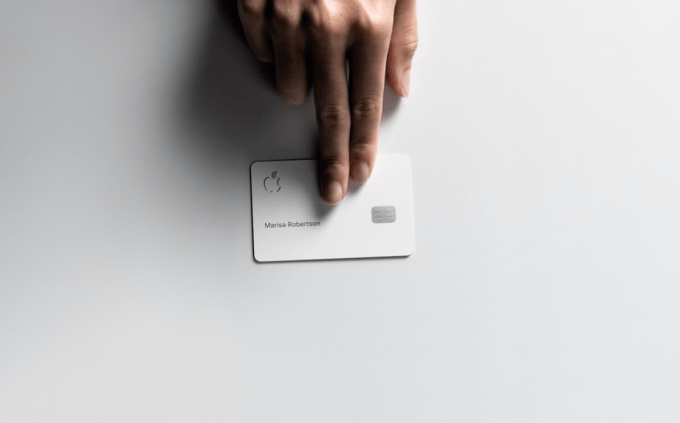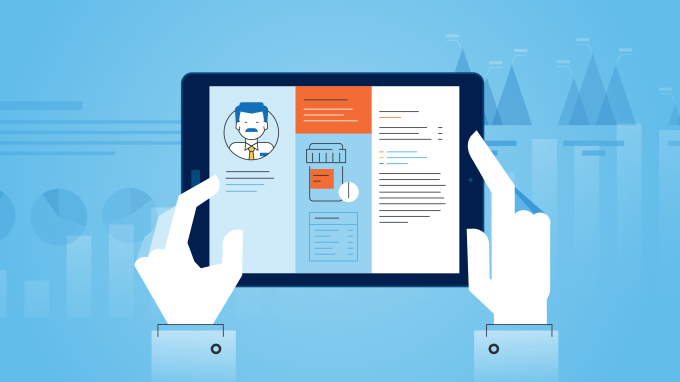
Hey. This is Week-in-Review, where I give a heavy amount of analysis and/or rambling thoughts on one story while scouring the rest of the hundreds of stories that emerged on TechCrunch this week to surface my favorites for your reading pleasure.
Last week, I talked about the Capital One breach and how Equifax taught us that irresponsible actions only affect companies in the PR department.

Thomas Trutschel/Photothek via Getty Images
The big story
Disney is going to eat Netflix’s lunch.
The content giant announced this week that when Disney+ launches, it will be shipping a $12.99 bundle that brings its Disney+ streaming service, ESPN+ and ad-supported Hulu together into a single-pay package. That price brings those three services together for the same cost as Netflix and is $5 cheaper that what you would spend on each of the services individually.
This announcement from Disney comes after Netflix stuttered in its most recent earnings, missing big on its subscriber add while actually losing subscribers in the U.S.
Netflix isn’t the aggregator it once was; its library is consistently shifting, with original series taking the dominant position. As much as Netflix is spending on content, there’s simply no way that it can operate on the same plane as Disney, which has been making massive content buys and is circling around to snap up the market by acquiring its way into consumers’ homes.
Disney has slowly amassed control of Hulu through buying out various stakeholders, but now that it shifts the platform’s weight, it’s pretty clear that it will use it as a selling point for its time-honed in-house content, which it is still expanding.
The streaming wars have been raging for years, but as the services seem to become more like what they’ve replaced, Disney seems poised to take control.
Send me feedback
on Twitter @lucasmtny or email
lucas@techcrunch.com
On to the rest of the week’s news.

Trends of the week
Here are a few big news items from big companies, with green links to all the sweet, sweet added context:
- Apple Card rolls out
Months after its public debut, Apple has begun rolling out its Apple Card credit card. We got our hands on the new Apple Card app, so check out more about what it’s like here. - Amid a struggling smartphone market, Samsung introduces new flagships
The smartphone market is in a low-key free fall, but there’s not much for hardware makers to do than keep innovating. Samsung announced the release of two new phones for its Note series, with new features including a time-of-flight 3D scanning camera, a larger size and… no headphone jack. Read more here. - FedEx ties up ground contract with Amazon
As Amazon rapidly attempts to build out its own air fleet to compete with FedEx’s planes, FedEx confirmed this week that it’s ending its ground-delivery contract with Amazon. Read more here.
GAFA Gaffes
How did the top tech companies screw up this week? This clearly needs its own section, in order of badness:
- Facebook could get fined billions more:
[Facebook could face billions in potential damages as court rules facial recognition lawsuit can proceed] - Instagram gets its own Cambridge Analytica:
[Instagram ad partner secretly sucked up and tracked millions of users’ locations and stories]

Extra Crunch
Our premium subscription service had another week of interesting deep dives. My colleague Sarah Buhr had a few great conversations with VCs in the healthtech space and distilled some of their investment theses into a report.
Why is tech still aiming for the healthcare industry? It seems full of endless regulatory hurdles or stories of misguided founders with no knowledge of the space, running headlong into it, only to fall on their faces…
It’s easy to shake our fists at fool-hardy founders hoping to cash in on an industry that cannot rely on the old motto “move fast and break things.” But it doesn’t have to be the code tech lives or dies by.
So which startups have the mojo to keep at it and rise to the top? Venture capitalists often get to see a lot before deciding to invest. So we asked a few of our favorite health VC’s to share their insights.
Here are some of our other top reads this week for premium subscribers. This week, we talked about how to raise funding in August, a month not typically known for ease of access to VCs, and my colleague Ron dove into the MapR fire sale that took place this week:
We’re excited to ramp up The Station, a new TechCrunch newsletter all about mobility. Each week, in addition to curating the biggest transportation news, Kirsten Korosec will provide analysis, original reporting and insider tips. Sign up here to get The Station in your inbox beginning this month.


